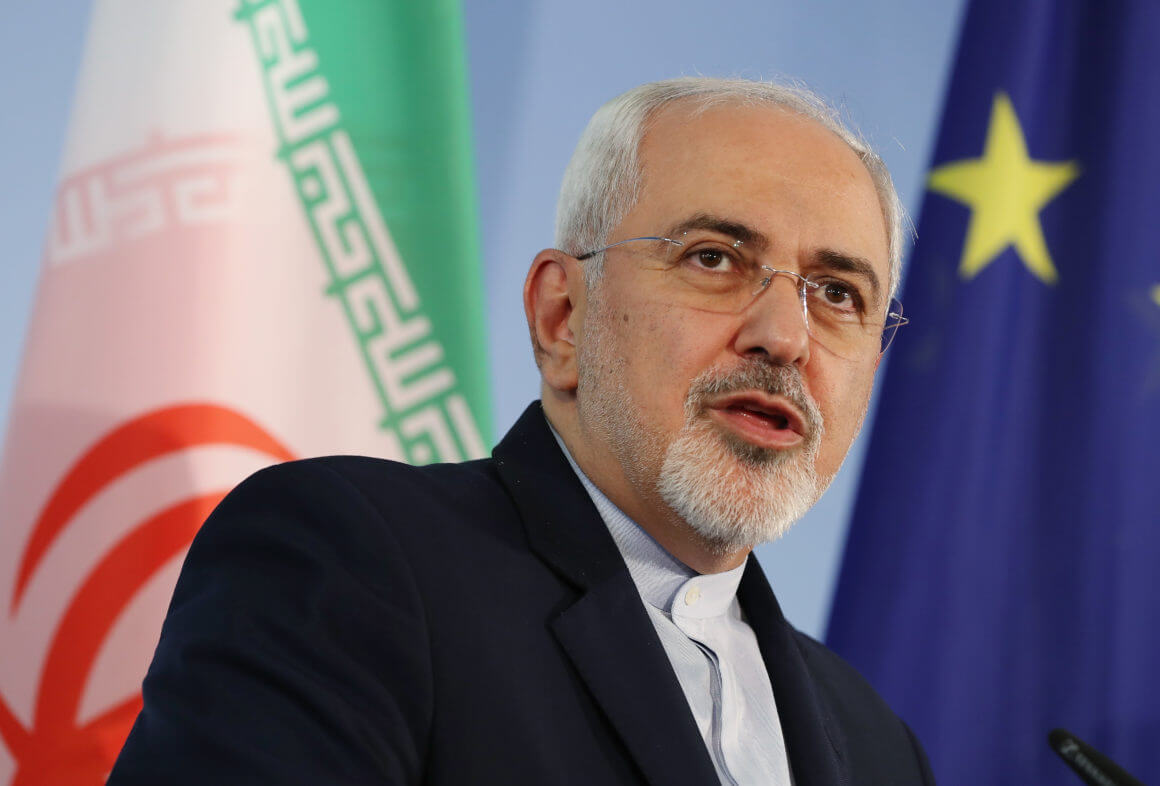Several Senior US Officials have criticised their European allies for failing to come out in support of the US following the death of General Qassem Soleimani. On January 5, the EU released a statement declaring that Josep Borrell, the Foreign Policy Chief for the European Union, had spoken to Mohammad Javad Zarif, Iran’s Foreign Minister in an attempt to deescalate matters between the US and Iran.
In their telephonic conversation, High Representative Borrell and Minister Zarif “discussed the importance of preserving the Joint Comprehensive Plan of Action (JCPOA), which continues to be a cornerstone of global nuclear non-proliferation architecture and instrumental for the security of the region and the world.”
This move by the High Commissioner is said to be in pursuance of the EU's resolve to act as a mediating coordinator in order to ensure compliance to the JCPOA by all participating parties.
The EU has invited Zarif to Brussels in order to continue their engagement on this issue. The High Commissioner also raised deep concerns about the “violent confrontations in Iraq”, including the killing of General Qassem Soleimani.
While there has been no official acceptance by the Minister Zarif, the conversation has been acknowledged by Iran’s Ministry of Foreign Affairs. The official statement by the Iranian Ministry stated that “the two sides discussed the recent regional tensions, the US’ state-sponsored terrorism, and the latest developments regarding the implementation of JCPOA”.
This was followed by a joint statement on January 6 by French President Emmanuel Macron, German Chancellor Angela Merkel, and British Prime Minister Boris Johnson condemning Iran and General Soleimani's role in furthering unrest in Iraq while simultaneously expressing their determination to restore stability to the region.
While this may attract further criticism from the US, this negotiation with Iran could lead to de-escalation of tensions between the US and Iran.
Image Source: Politico

